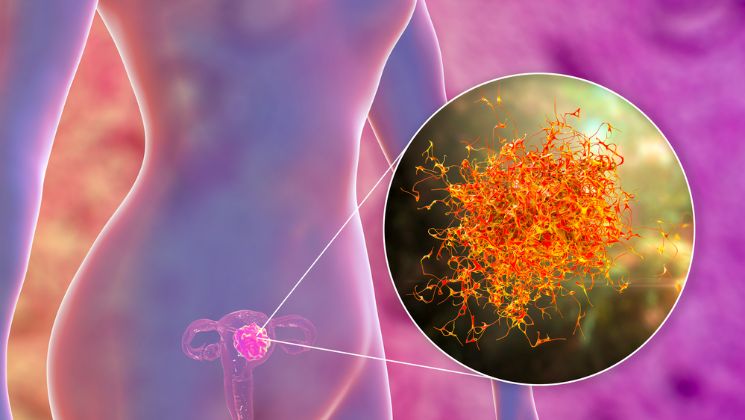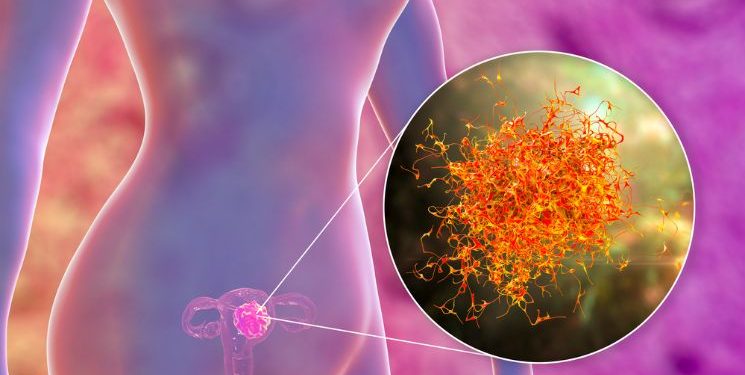Uterine cancer is the abnormal growth of tissue in the uterus, the organ in a woman’s pelvis that’s used for pregnancy and childbirth. It can also cause abnormal bleeding or pain in the abdomen or pelvis. There are two main types of uterine cancer: endometrial and sarcoma. Most people with uterine cancer have endometrial cancer, which begins in the inner layer of cells that line the uterus (endometrium). But some people get sarcoma, which starts in the muscle wall of the uterus and may spread to other parts of the body.
The first step in treatment is to find out what kind of uterine cancer you have. Then your doctor can create a care plan for you. This can include different treatments like surgery, radiation, or chemotherapy.
You might be referred to a gynecologic oncologist, a specialist who treats women with cancer in their reproductive organs. Your gynecologist will work with other doctors to create your care team and will work with you to make decisions about your treatment. This type of partnership is called shared decision-making and it helps you feel more confident in your choices.
If your uterine cancer is in its early stages, it’s likely to be cured. But you’ll need to have regular checkups to make sure the cancer doesn’t come back or grow again. Your doctor will also check your blood levels, which help find out how well your treatment is working.

The most common way to treat uterine cancer is to remove the uterus, or have a hysterectomy. This can be done by surgeons who specialize in gynecologic oncology or by general surgeons who are specially trained to do these surgeries.
When you have a hysterectomy, your doctors will remove any cancerous tissues in the uterus and cervix. They may also remove your fallopian tubes and ovaries. Then you’ll have hormone therapy to keep the uterus from growing again. If you are premenopausal, your doctor might recommend less extensive surgery and hormone therapy to preserve fertility.
Radiation therapy might be needed after surgery to destroy any remaining cancer cells or to prevent the cancer from coming back. It can be given to the whole pelvis or to just your uterus, which is called vaginal brachytherapy.
Chemotherapy is a combination of medicines that fight cancer in the body. You might take them as pills or have them injected into your veins. You can also participate in a clinical trial that uses new medications to treat your cancer.
Some complementary and alternative medicine practices might reduce the side effects of standard treatments for uterine cancer, such as acupuncture or herbal supplements. But don’t use these instead of standard care. Tell your health care provider about any complementary or alternative medicines you’re taking. They might not be safe for you or they might interfere with your cancer treatments.









